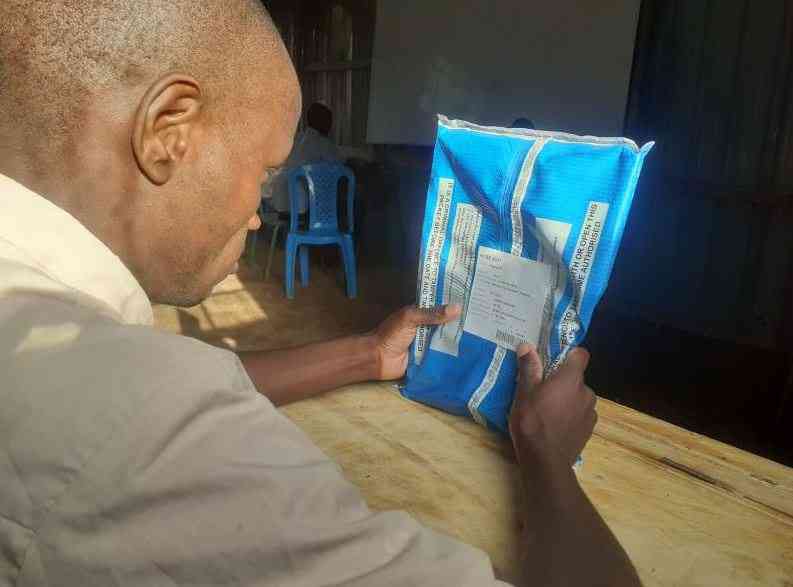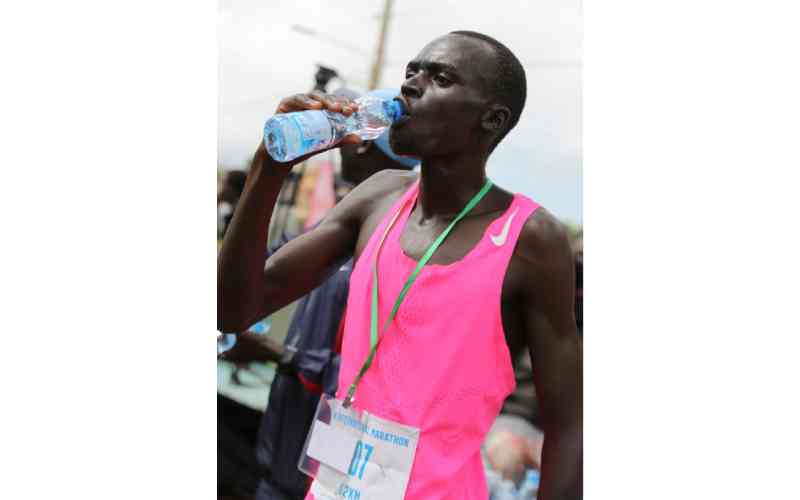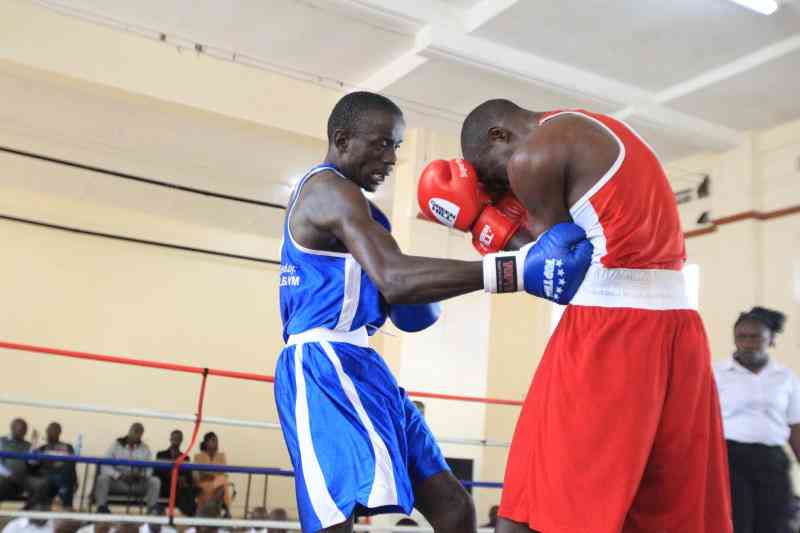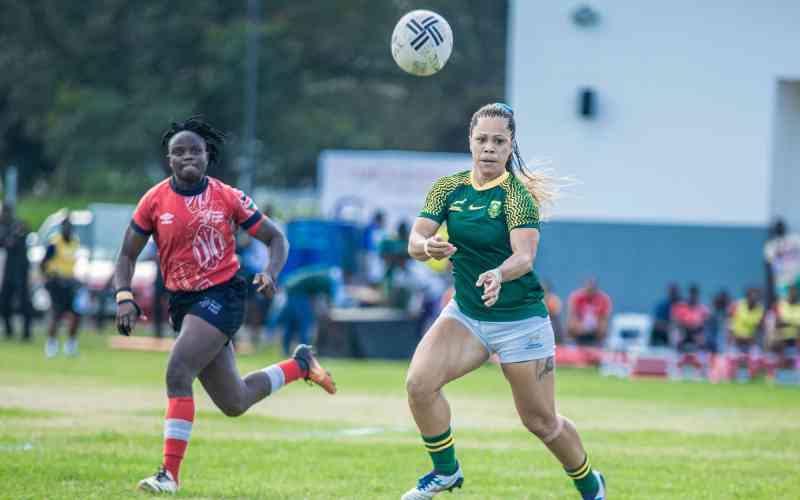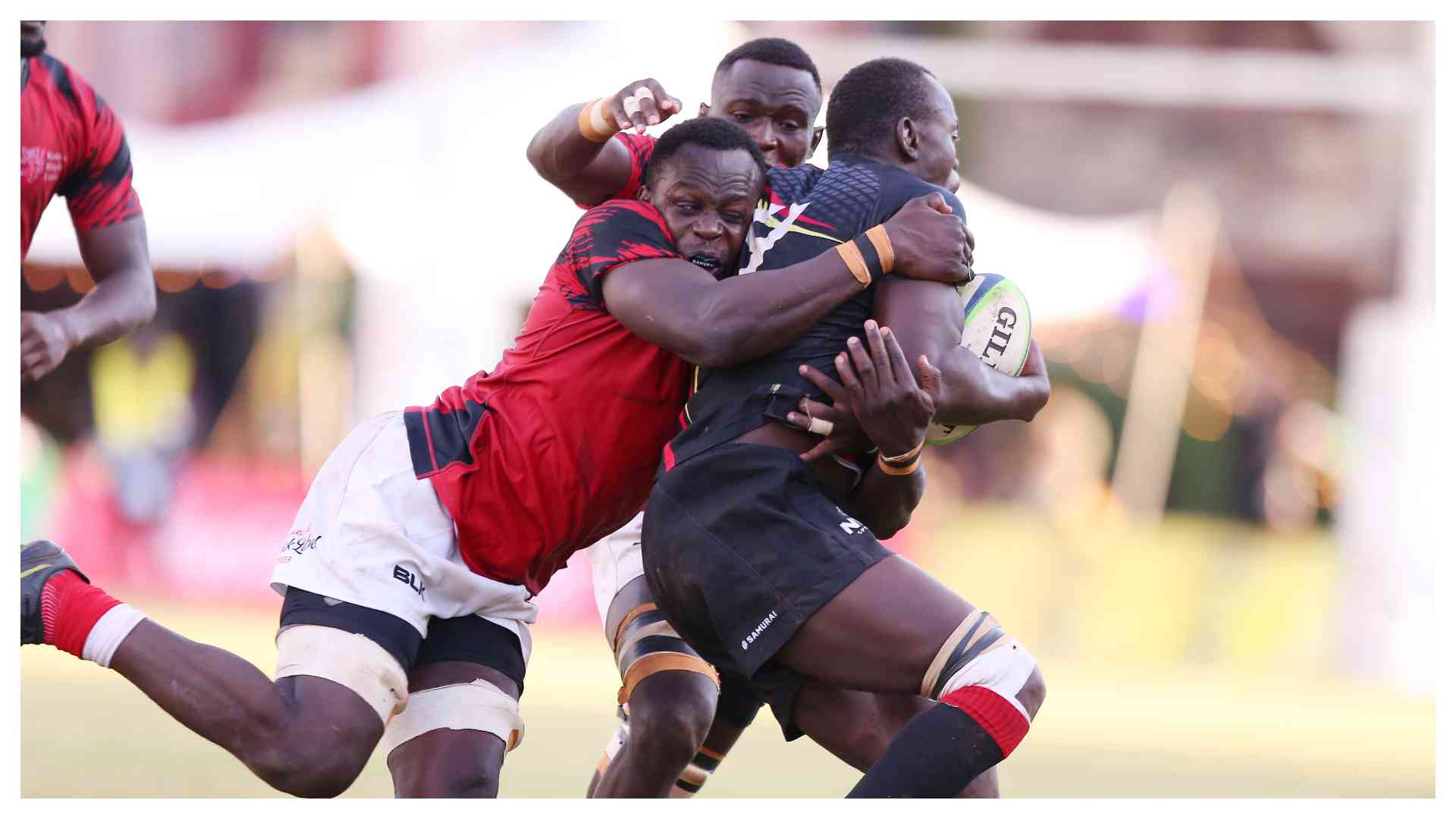The Court of Appeal has handed the widow to a politician a major victory by declaring that she is the one who has a right to decide where her husband should be buried.
In a judgment written by Justice Gachoka Mwaniki and endorsed by Justices Francis Tuiyott and Lydia Achode, the court ruled that Borabu parliamentary aspirant Naftali Onderi Ontweka should be buried at his Kamulu home and not Kisii as his clan had wished.
To date, Onderi's body lies at the Lee Funeral Home waiting for the day he will join his ancestors.
His brothers could not agree with the widow where to bury the politician who worked at the Treasury before getting into politics.
In a second win for Zipporah Masese, three Judges affirmed a High Court order that she had the final say on where her late husband would be buried.
"Whereas the appellants may understandably be aggrieved and emotionally drained, the law is not on their side. It is my finding that this appeal lacks merit, and it is hereby dismissed in its entirety," ruled Justice Gachoka.
The Judge first found solace in the Bible by noting that it is the work of the living to bury the dead.
According to him, although Jesus Christ predicted his death, he did not prophesy that Joseph of Arimathea would bury his remains at Golgotha. Nevertheless, there was no burial dispute about God's son.
He said death is a part of humankind and so battles are bound to crop up owing to a clash between customs, religion and the law on who takes priority over the other.
"Thus, decisions made regarding the disposal of a body are complex to decide upon and difficult to undo as human nature frowns on disturbing the remains of the deceased."
Although no one would want to leave the planet in a state of discord with his or her family, the dead tell no tales. Thus Onderi's opinion does not count now that he cannot express his wishes.
His widow Masese settled for his Kamulu home in Nairobi County as the place he would have preferred to rest.
On the other hand, his siblings - Joseph Ontweka, Elisha Ontweka, Stanley Ontweka, and David Ontweka - insisted that he must be buried according to Gusii customs.
They stated that as chairman of Mogunde clan, and owing to the design of his house that showed he was comfortable dwelling among his people, he must be buried with his ancestors at Kiango, Borabu constituency. The five went ahead to prepare a grave for him, next to a house he had built.
Onderi's kin almost got away with it after the magistrate's court ordered the morgue to release Onderi's body to his brother David.
However, upon appeal, High Court Judge Eric Ogola tilted the scales of Justice in favour of the widow. Aggrieved, they again moved to the Court of Appeal. In the case, Onderi's brothers argued that he married Masese under Gusii customary laws.
They said her late husband therefore ought to have been buried in accordance with his customs. They argued that Onderi's extended family barred his wife from participating in the burial as a widow; however, she ought to release him to be buried at his ancestral home, as was his desire.
His widow gave a different account. She said Onderi had stated that he would be buried at Kamulu.
While faulting the magistrate's court, Masese argued as a spouse, her proposal on the burial place superseded that over any other person.
Further, Masese stated that her late husband spent most of his time with her in Kamulu and that the house built in Kisii was in a bad state.
After listening to the rival arguments, Justice Ogola stated there was no proof that Onderi wanted to be buried at his rural home.
He relied on a judgment by former Chief Justice David Maraga that owing to Kisiis moving from their ancestral homes to new places, they are buried in the newly acquired homes.
He observed that Onderi was a civil servant who made his life in Nairobi and built a palatial home at Kamulu.
According to the Judge, although both houses have two doors, Gusii customs required that a widow buries her husband.
"The nuclear family is the basic unit of the family which is recognised and protected by the State. In this case, the appellant's family is the basic unit and the nuclear family of the deceased has the right to bury their dead unless exceptional circumstances arise to render the nuclear family undeserving of burying their dead," Justice Ogola said.
 The Standard Group Plc is a multi-media organization with investments in media
platforms spanning newspaper print operations, television, radio broadcasting,
digital and online services. The Standard Group is recognized as a leading
multi-media house in Kenya with a key influence in matters of national and
international interest.
The Standard Group Plc is a multi-media organization with investments in media
platforms spanning newspaper print operations, television, radio broadcasting,
digital and online services. The Standard Group is recognized as a leading
multi-media house in Kenya with a key influence in matters of national and
international interest.
 The Standard Group Plc is a multi-media organization with investments in media
platforms spanning newspaper print operations, television, radio broadcasting,
digital and online services. The Standard Group is recognized as a leading
multi-media house in Kenya with a key influence in matters of national and
international interest.
The Standard Group Plc is a multi-media organization with investments in media
platforms spanning newspaper print operations, television, radio broadcasting,
digital and online services. The Standard Group is recognized as a leading
multi-media house in Kenya with a key influence in matters of national and
international interest.


